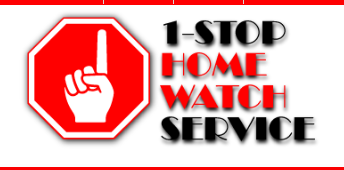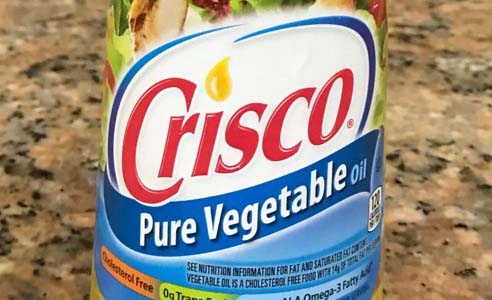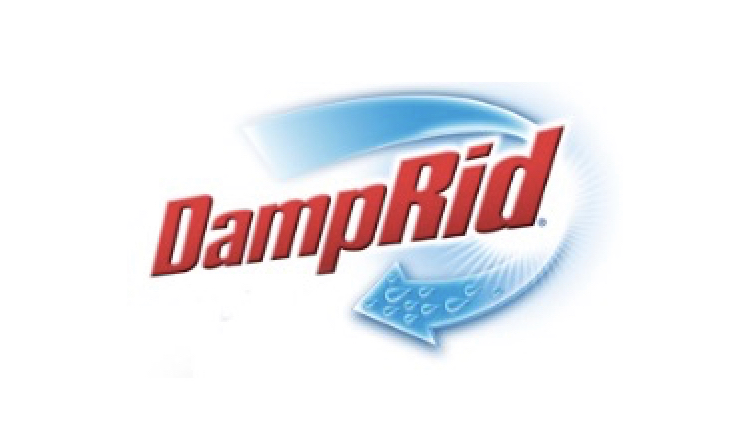
Home Watch – Frequency and Qualifications?
Preface
Owning 1-Stop Home Watch Service, a professional home watch company, I am often asked how frequently home watch visits should be performed. I will share from my experience and knowledge what you, as a seasonal homeowner, should consider when evaluating how often home watch visits should be performed and what qualifications the home watch inspector should have? The National Home Watch Association (NHWA) defines a home watch visit as a “visual inspection of a home or property looking for obvious issues”. Below I will list what issues you should be most concerned with and how to mitigate those risks through timely home watch visits, technology, and the qualifications the home watch inspector should possess.
Home Issues
My business is in SW Florida so the major issues every homeowner needs to consider is water damage and mold and mildew. Each part of the country has specific issues and while water damage is common to all parts of the country, mold and mildew is a problem that is much more prevalent in the South and particularly SW Florida.
- WATER – Water damage can come from a variety of sources. The most common that everyone is aware of is a leak in the water system that could be caused by leaky pipes, toilets, sinks, washers, disposals, faucets or stop valves. But water damage also occurs from leaky roofs, broken windows, leaky window seals, sewage system backups or flooding outside the home. Insurance companies list water damage as the most common claim incurred by homeowners.
- MOLD & MILDEW – Mold and Mildew is often a companion to water damage and if not discovered quickly can result in mold and mildew throughout the home and not just specific to the area directly affected by the leak. Most homeowners only consider a leak in their water system as the hazard of concern, but a broken window or leaky window seal, toilet or shower stall or a leaky roof are also common sources of mold and mildew. Air Conditioning failure/malfunction is also a common issue that causes mold and mildew problems. Loss of air conditioning in the middle of the summer in SW Florida can set up the conditions for mold and mildew in as short as 72 hours. Each home responds differently to AC settings based on construction and environmental conditions. The EPA says that humidity, the key factor with temperature, should be kept at 60% or less especially during the summer months in SW Florida.
Insurance Issues
Insurance companies agree that water damage is the most common claim for damage in the home. Mold and mildew associated with water damage, is often a factor of how soon the water damage is discovered. This is the primary reason insurance companies require you to have your vacant home inspected on a regular basis to look for the issues described above. Some insurance companies have begun denying claims for damage occurring more than 14 days after the original cause.
- Example – I have spoken to a homeowner who described a situation that had occurred to their home. A friend looking in on their home never discovered an AC condensate drainpipe that separated inside the wall of a closet. The problem went undiscovered until the owner returned in the fall and found the closet wall covered in black mold. The insurance company denied the claim because this was an obvious problem that should have been discovered in a home watch inspection.
Home Watch Visit Frequency
The common conclusion reached, knowing the above, is that weekly home watch visits are the best way to mitigate the risks of damage. But is that true? We know from the above that mold and mildew can form in as few as 72 hours with loss of AC. So weekly inspections alone cannot guarantee protection from that possibility.
What about using technology? The NHWA has partnered with a company called HOUSESETTER, that produces a device which continuously monitors temperature, humidity and power through a cell-based device that includes a 3-day backup battery and allows up to four people on the alert list. With this device you and your home watch provider will know what the conditions are in your home even in a loss of power event likely to occur from a tropical storm or hurricane. I have personally found this device has alerted me on many occasions of a failed air conditioner just a few hours after the event. And in the example below it alerted me to a water damage incident, though the manufacturer does not guarantee this will catch all water damage issues.
- Example – I have a client who lives in a downstairs condo unit that shares a condensate drain line with the condo owner on the floor above. The line became clogged with algae, and even though my client’s AC properly shut down, the AC in the condo above did not shut down and my client’s condo flooded from the AC condensate line backing up. My client fortunately uses the HouseSetter device. When the condo flooded the humidity alert activated, and I went to investigate and found the cause in time to prevent a major disaster.
Conclusion: Home watch visit frequency alone does not provide the best protection. I give the options the following ranking:
- Not acceptable – Monthly home watch visits provide no assurance of protection from aggravated damage as not only damage from the initial problem occurs but aggravated damage from failure is likely to be incurred due to failure to detect the problem in a timely manner. This puts the homeowner at risk for claim denial from the insurer and a much larger cost to repair the damage.
- Good – Bi-weekly inspections
- Better – Weekly inspections or Bi-weekly inspections combined with electronic monitoring with HouseSetter or equivalent device
- Best – Weekly inspections combined with electronic monitoring with HouseSetter or equivalent device
Who should you have perform home watch services in your home?
There are literally thousands of friends and neighbors in Naples, Florida where I live who are watching homes for seasonal homeowners. The risks as described above will not be mitigated by an untrained person walking in to make sure the AC is on and doing a quick look see. More than 30% of my clients searched for a professional Home Watch provider because of some shortfall or issue that arose with their previous home watch person. The seasonal home is likely the largest investment you will make outside your primary home of residence and trusting it to someone who is not a professional is a huge risk. States have not yet required licensing for the Home Watch profession, but to be sure your assets are protected, the following minimum qualifications are a must have.
Minimum Requirements
- Insured – the home watch provider must have liability insurance of at least the value of your asset should they miss an obvious issue or in some way through their actions cause your home to be damaged or destroyed.
- Bonded – They should carry a dishonesty bond so there is recourse for you should they misrepresent themselves and cause a loss.
- License to do business in your county of residence
Additional protection
- Electronic reporting that includes pictures, a date stamp and geo-location stamp that you can use with your insurance company to prove you have been performing the required home watch inspections.
- Certificate of training from a nationally recognized organization shows your home watch person has been trained in the best practices for the climate your home is located and for the type of home you live in.
The content of this blog is the sole opinion of its author and is not officially endorsed by any organization. You are welcome to comment on the contents



